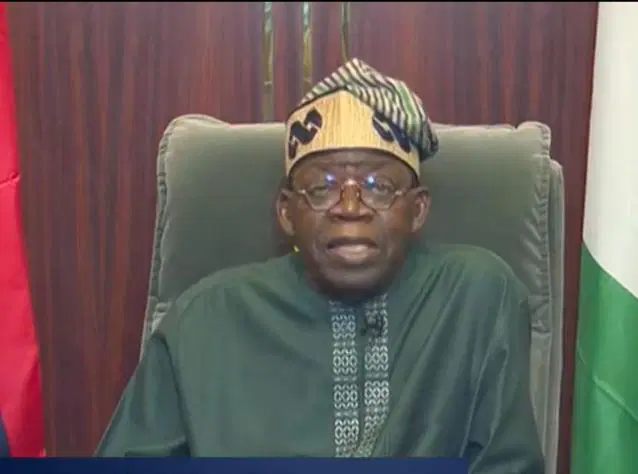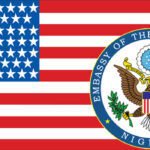A ruling by the United States District Court for the District of Columbia has mandated the Federal Bureau of Investigation (FBI) and the Drug Enforcement Administration (DEA) to release President Bola Tinubu’s records hitherto deemed to be confidential.
The decision, issued on Tuesday, April 8, 2025, by Judge Beryl Howell, has reignited discussions about Tinubu’s records in the past, which took centre stage in the build-up to the 2023 general elections in Nigeria.
The ruling was sequel to a Freedom of Information Act (FOIA) lawsuit filed by American transparency advocate Aaron Greenspan in June 2023.
Greenspan, the founder of PlainSite.org, sought access to records from multiple U.S. agencies, including the FBI, DEA, CIA, IRS, and the U.S. State Department, concerning 1990s investigation allegedly involving Tinubu and a Chicago-based heroin trafficking ring.
The case is about a 1993 civil forfeiture incident where Tinubu reportedly surrendered $460,000 to U.S. authorities, funds allegedly linked to narcotics trafficking and money laundering.
This issue resurfaced during Nigeria’s 2023 presidential election, with opposition candidates Atiku Abubakar and Peter Obi citing it to challenge Tinubu’s eligibility, though their petitions were dismissed by Nigeria’s Presidential Election Petition Court.
Meanwhile, in a ruling, Judge Howell criticized the FBI and DEA for improperly using “Glomar responses”, a legal tactic where agencies neither confirm nor deny the existence of records, calling their justification “neither logical nor plausible.”
The court emphasized that public interest in transparency outweighs privacy concerns in this instance, ordering the agencies to disclose documents relating to Tinubu’s records and associate, Abiodun Agbele by May 2, 2025.
The judgement reads in part: “The FBI and DEA have both officially confirmed investigations of Tinubu relating to the drug trafficking ring.
“Any privacy interests implicated by the FOIA requests to the FBI and DEA for records about Tinubu are overcome by the public interest in the release of such information.
“Since the FBI and DEA have provided no information to establish that a cognizable privacy interest exists in keeping secret the fact that Tinubu was a subject of criminal investigation.
“They have failed to meet their burden to sustain their Glomar responses and provide an additional reason why these responses must be lifted.”
Upholding the CIA’s Glomar response, the judge ruled that the “Plaintiff is entitled to summary judgment as to each of the four Glomar responses asserted by defendants FBI and DEA, while defendant CIA is entitled to summary judgment since its Glomar response was properly asserted.”
“Accordingly, the FBI and DEA must search for and process non-exempt records responsive to the FOIA requests directed to these agencies.
“The CIA, meanwhile, is entitled to judgment in its favour in this case. The remaining parties are directed to file jointly, by May 2, 2025, a report on the status of any outstanding issues in this case, as described in the accompanying order.”





